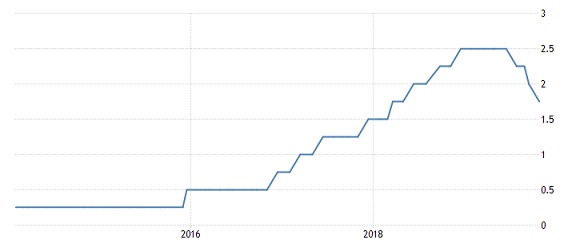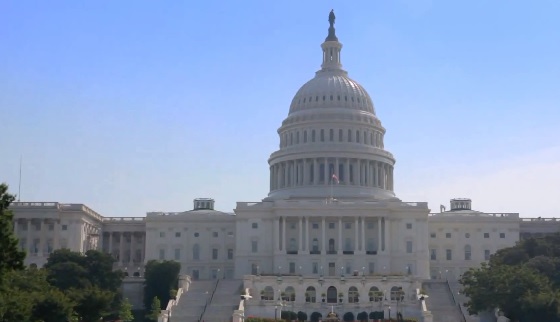New U.S. Congresswoman, Ocasio-Cortez would like a confiscatory tax rate of 70% for personal income above $10 million dollars to pay for her socialist government goals. Setting aside socialism, let’s examine two critical questions: will this tax plan work and how will taxpayers react?
The first question, will it work, we can already assess by
many recent examples of this new income tax. The states of Maryland, New
Jersey, Washington DC, and others have imposed a “millionaire tax” for their
highest income earners in the last few years. What happened? The income taxes collected from their highest
earners fell – it backfired for all of these states. The exact same result
happened recently in France and Canada when their socialist presidents tried it
(Hollande and Trudeau). Why does a higher
marginal income tax rate mostly backfire? Anytime you increase someone’s
opportunity cost, they go far out of their way in effort and money to avoid it.
(For example, the anecdotal evidence from Maryland, D.C., and New Jersey was
that many of their high-income earners had a second or third home in a lower
taxation state, and they simply changed their declared domicile to that other
state. If they didn’t have this option, they simply moved out of state, usually
to Florida, and took their entourages of advisors with them).
Now the second question: How will taxpayers react? Let’s
examine; who actually earns more than $10
million a year? Nearly all of them are business owners, aside from a few
movie, music, and sports stars. How do
they pay their income taxes? Each year, they sit down with their tax
attorney, accounting firm, banker, insurance agent, investment broker, and
other advisers to map out and coordinate the next 5 years of activities and tax
laws. Together, they optimize the high-income earner’s financial situation and
minimize their lifetime tax liabilities. Some top earners also consider the tax
consequences for several generations of inheritance. As a business owner, they
have many “levers” to manipulate:
- How much salary they want to take
- How much dividends and/or capital gains they
want to take
- How much deferred compensation they want to take
- How much of one type of income they want to
convert into another type of income
- When to time spending and donations for tax
deductions
- How to increase depreciation or other IRS
incentives to reduce taxes
- Which tax credits do they want to select to
reduce their taxes
- And many more levers such as life-insurance
arbitrage or captive insurance
I have attended one of these meetings and was rather
shocked at the size of their tax-lowering menu that they can choose among. One
of the options is to actually pay zero income taxes and there are two ways
someone wealthy can achieve this within two or three years. First, purchase many
apartment buildings (or commercial real estate) and the depreciation will drive
your taxable income much lower, and if you want, all the way down to nothing. (One
acquaintance started with 1 rental property and now has 6,300 units; he cannot
remember the last time he paid income taxes to the state or federal government.)
The second method allowing a wealthy business owner to
pay zero income taxes is to choose not to have any income and borrow all of the
money that they spend. The high-income earner could change their salary and
dividend withdrawals to zero, and let’s say they spend $5 million a year on
their luxury lifestyle. They borrow $5 million, every year, for the rest of
their life for spending money. The cumulative loans and interest are re-paid at
their death from insurance policies and/or their pledged business assets. This
is exactly how many earners in the top 0.01% already pay nothing in income tax
all over the world. Because they don’t have any income, they just spend loaned
money, perhaps from an offshore trust. If confiscation tax rates were enacted
at the federal level, these strategies (and many, many others) would quickly
become commonplace for incomes much lower than $10 million.
When a politician increases income tax rates, let’s say to grab an extra $2 million from someone very rich – they only see the new money that they can spend on pet projects. What these politicians ignore is that the taxpayer now has a $2 million incentive to lower his or her tax burden. Plus, they can spend $1.9 million of that money on tax experts to find a way to make that happen and still come out ahead. In my opinion, Congresswoman Ocasio-Cortez’s new 70% marginal tax rate, if enacted, would result in yet another taxation backfire for the socialists.










